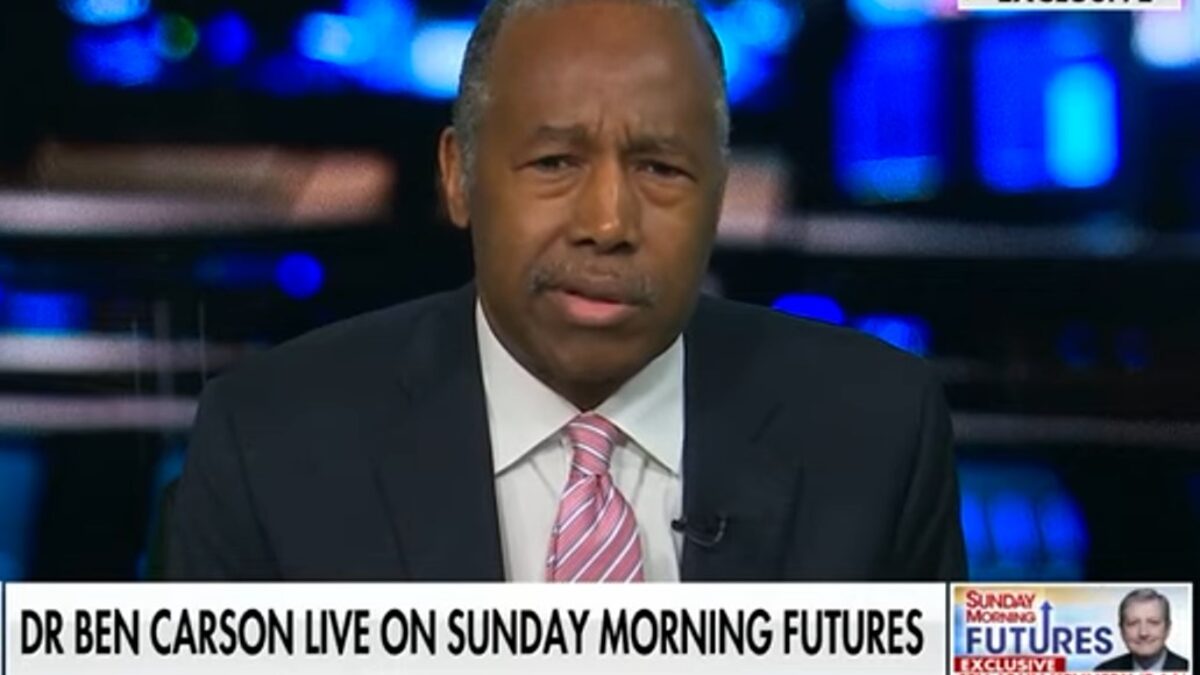Former Trump Cabinet member Dr. Ben Carson registered concern and disappointment about 80 House Republicans voting with all House Democrats to expand federal vaccine surveillance by connecting and expanding state databases.
“It will secondarily be used for other things as well. We have got to be smart enough to recognize these signs when we see them and stop them, to nip them in the bud before it becomes too late,” the former Republican presidential candidate said to Fox host Maria Bartiromo. “It doesn’t take long to change a nation.”
Carson’s remarks came in response to Bartiromo’s question about H.R. 550, which The Federalist reported on here. The bill received no hearing in the House and is now under consideration in the Senate. It would enable the Centers for Disease Control and Prevention to connect state vaccine databases and use them to track Americans’ private health decisions in “real time.”
Republicans who voted for the bill told constituents this is a routine program for which they slimmed funding from a $500 million expansion to a $400 million expansion, which did little to allay concerns about politicized and unelected bureaucrats manipulating private information for political purposes. Western nations including U.S. neighbor Canada are using people’s medical decisions to deny them health care and access to grocery stores, spawning black markets in Europe.
“Governments have a tendency to grow, to infiltrate, and to control,” Carson noted. “Those are governments that are controlled by Democrats or Republicans, or independents or anybody, that’s what governments do.”
Republicans also claimed the data this program collects would be anonymized to protect individual privacy, but data privacy experts have long noted that computerized data is very difficult to actually keep private. Private data including private medical information is only rarely actually secured despite record keepers’ claims to the contrary.
“Anonymization is hard. There are many ways that information can be de-anonymized, as well as seemingly benign information be correlated,” noted Jon Callas, the director of technology projects at the Electronic Frontier Foundation, in an email to The Federalist. “For example, knowing where someone lives and where they work to an accuracy of one mile uniquely identifies about 85% of people. The triplet of someone’s date of birth, gender, and zip code uniquely identifies a similar number of people.”
Some privacy techniques can improve on currently lax protocols, Callas also noted: “Many techniques like keeping counts of people — such as rates per 100,000 people — are very privacy preserving. Privacy reviews are always good, because a given technique works well for different types of data.”
But these are not currently mainstream methods of protecting Americans’ private decisions.









